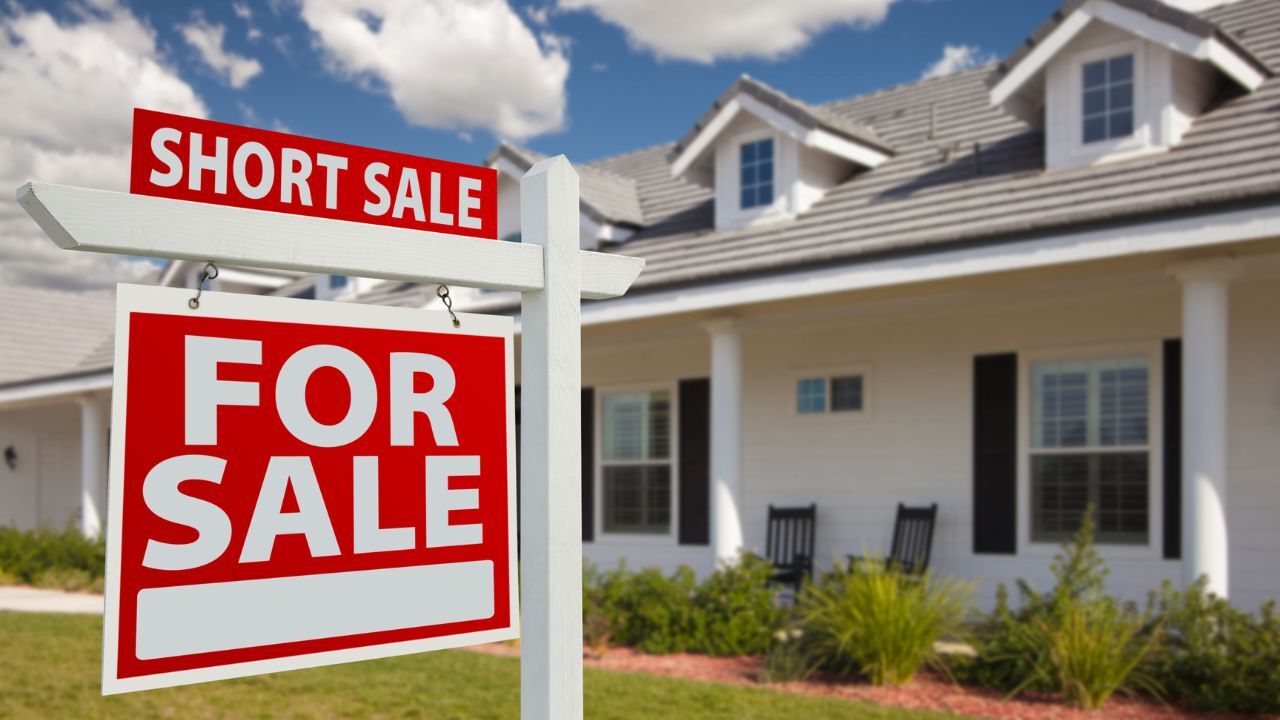 In a competitive real estate market, buyers may feel pressured to make their offers more attractive by waiving contingencies—especially the home inspection. While skipping a home inspection might seem like a way to speed up the buying process or make an offer stand out, it can be a costly mistake with long-term consequences. Here’s why a home inspection should always be part of your home-buying process, no matter how competitive the market is.
In a competitive real estate market, buyers may feel pressured to make their offers more attractive by waiving contingencies—especially the home inspection. While skipping a home inspection might seem like a way to speed up the buying process or make an offer stand out, it can be a costly mistake with long-term consequences. Here’s why a home inspection should always be part of your home-buying process, no matter how competitive the market is.
1. Hidden Issues Could Cost You Thousands
A home may look perfect on the surface, but underlying problems can go unnoticed without a professional inspection. Structural issues, faulty wiring, plumbing leaks, mold, or roof damage could require costly repairs down the road. Without an inspection, you take on these risks blindly.
2. Negotiating Power
Even in a seller’s market, a home inspection gives you valuable leverage. If the inspection reveals major issues, you may be able to negotiate repairs or a price reduction before closing. Without an inspection, you lose the opportunity to address potential problems before committing to the purchase.
3. Safety Concerns
Some issues uncovered in an inspection go beyond financial concerns—they can be dangerous. Electrical hazards, gas leaks, radon, asbestos, or foundation issues could pose serious safety risks for you and your family. Identifying these problems before closing allows you to make an informed decision about whether to proceed with the purchase.
4. Insurance and Loan Requirements
Some mortgage lenders and insurance companies require a home inspection before approving financing or issuing a policy. If you skip the inspection, you could run into obstacles securing a loan or getting the proper insurance coverage for your home.
5. Peace of Mind
Buying a home is one of the biggest financial decisions you will ever make. A home inspection provides reassurance that you are making a sound investment and helps you avoid unexpected surprises after you move in. Even if the inspection reveals only minor issues, you will have a clearer understanding of what to expect in terms of maintenance and future repairs.
What If You’re in a Competitive Market?
If you’re worried about losing a bidding war, consider these alternatives instead of waiving an inspection entirely:
- Pre-Inspection: Some buyers choose to conduct an inspection before making an offer, allowing them to make an informed bid without adding an inspection contingency.
- Informational Inspection: Rather than negotiating repairs, you can conduct an inspection for informational purposes only, ensuring you understand the property’s condition before finalizing the purchase.
No matter how hot the market is, skipping a home inspection is a risk that could lead to serious financial and safety issues. Taking the time for an inspection ensures that you are making a well-informed decision, protecting both your investment and your future.
 Why Location is Everything in Selling a Home
Why Location is Everything in Selling a Home
 Buying a new home before selling your current one can be a smart move, especially in a competitive market where you do not want to risk losing your dream home. However, it requires careful financial planning and a solid strategy to manage the transition smoothly. Here are some of the best ways to navigate this process while minimizing risks and financial strain.
Buying a new home before selling your current one can be a smart move, especially in a competitive market where you do not want to risk losing your dream home. However, it requires careful financial planning and a solid strategy to manage the transition smoothly. Here are some of the best ways to navigate this process while minimizing risks and financial strain. A short sale is a real estate transaction in which a homeowner sells their property for less than the outstanding mortgage balance. While this option can provide relief to homeowners facing financial hardships, it also comes with consequences that may affect their ability to buy another house in the future. We will explore the impact of a short sale on your credit, eligibility for a new mortgage, and the steps you can take to mitigate these effects.
A short sale is a real estate transaction in which a homeowner sells their property for less than the outstanding mortgage balance. While this option can provide relief to homeowners facing financial hardships, it also comes with consequences that may affect their ability to buy another house in the future. We will explore the impact of a short sale on your credit, eligibility for a new mortgage, and the steps you can take to mitigate these effects. When buying or selling a home, factors like location, size, and condition are obvious considerations—but have you thought about the direction your home faces? The orientation of a house can impact everything from natural light and energy efficiency to curb appeal and, ultimately, resale value. Here’s why the direction your home faces matters in real estate.
When buying or selling a home, factors like location, size, and condition are obvious considerations—but have you thought about the direction your home faces? The orientation of a house can impact everything from natural light and energy efficiency to curb appeal and, ultimately, resale value. Here’s why the direction your home faces matters in real estate. The probate process can seem complicated, but for homeowners and beneficiaries, understanding its key steps can make a significant difference. Whether you are dealing with a loved one’s estate or planning for the future, knowing how probate works can help you navigate the legal aspects of transferring property efficiently.
The probate process can seem complicated, but for homeowners and beneficiaries, understanding its key steps can make a significant difference. Whether you are dealing with a loved one’s estate or planning for the future, knowing how probate works can help you navigate the legal aspects of transferring property efficiently.